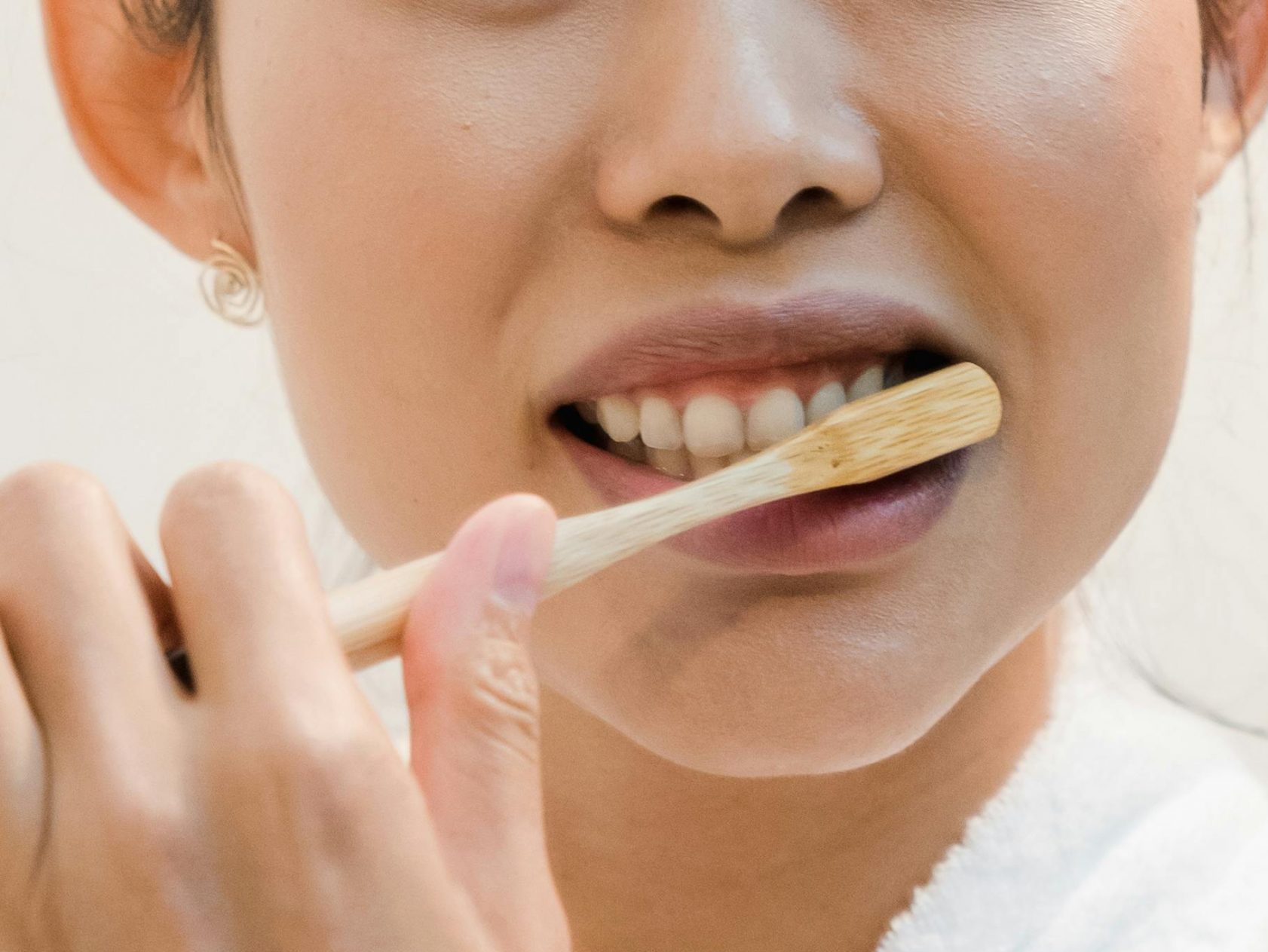
3.5 billion people. That is our most recent statistic from the World Health Organization on the number of people worldwide with chronic oral disease—and this number is climbing.
Oral health is an essential part of physical health. A healthy mouth enables us to chew and eat, giving us the energy we need to keep our vital organs, body systems and brain functioning effectively. Beyond physical health, oral health is also critical to mental and social well-being. Social participation has been linked to increased self-esteem and sleep quality, as well as decreased stress, depression and anxiety. Participation in society is also considered a protective factor against cognitive decline and inflammatory diseases as we age and progress through the life cycle. The ability to talk, communicate, laugh and even share a smile with others requires a healthy, and pain-free mouth. And yet the mouth- arguably our most accessible pathway into the human body- and oral healthcare has been historically, politically and culturally siloed and considered separate from overall health. Scratching your head yet? Wait there’s more…
We are now seeing the consequences of the low priority given to oral health. Poor oral health is placing increased strain on already overburdened health systems. As oral disease has risen in Canada, so have the numbers of individuals accessing hospital Emergency Departments (ED) for (largely preventable) oral conditions, contributing to ED wait times and forcing non-oral health professionals to work beyond their scope of practice. Today, we also have mounting research evidence on how oral disease can negatively affect the ability to properly manage and control chronic systemic conditions, such as Type II Diabetes. Oral disease can also be dangerous to our most immunocompromised members of society, placing them at heightened risk for infection, health complications and even loss of life.
These facts are not meant to scare you. They are simply my way of reminding you, or, I hope, even convincing you, that oral health is health. This is not only the narrative that underpins the focus of my doctoral research, but it is also the narrative I embody everyday as a healthcare professional and registered dental hygienist (DDH’15, Dalhousie). Oral health professionals are essential partners in the prevention, management and treatment of disease. We are also professional experts in the oral-systemic health link and represent key primary care collaborators and team-members. Yet, we have been excluded from collaborative, interprofessional healthcare practice, where multiple health professionals are working together towards a shared goal. The aim of interprofessional collaborative practice is improved healthcare delivery and better outcomes for patients. As we look for innovative ways to improve access to timely and comprehensive healthcare, and new strategies to enhance interprofessional healthcare practice- now is the time to break down the walls we have built between ‘oral health’ and ‘health’.
In the months to come, my posts will ‘open up’ the conversation on oral health. In addition to dispelling myths about oral health and oral health practitioners, I’ll dive deeper into why collaboration between healthcare providers is essential. I will also shine light on the key role that collaborative, interprofessional education plays in strengthening healthcare systems and for improving health outcomes and healthcare experiences for us all.
Thanks for joining me, I’ll see you next month! (p.s.- April is oral health month!)
Photo by Greta Hoffman









